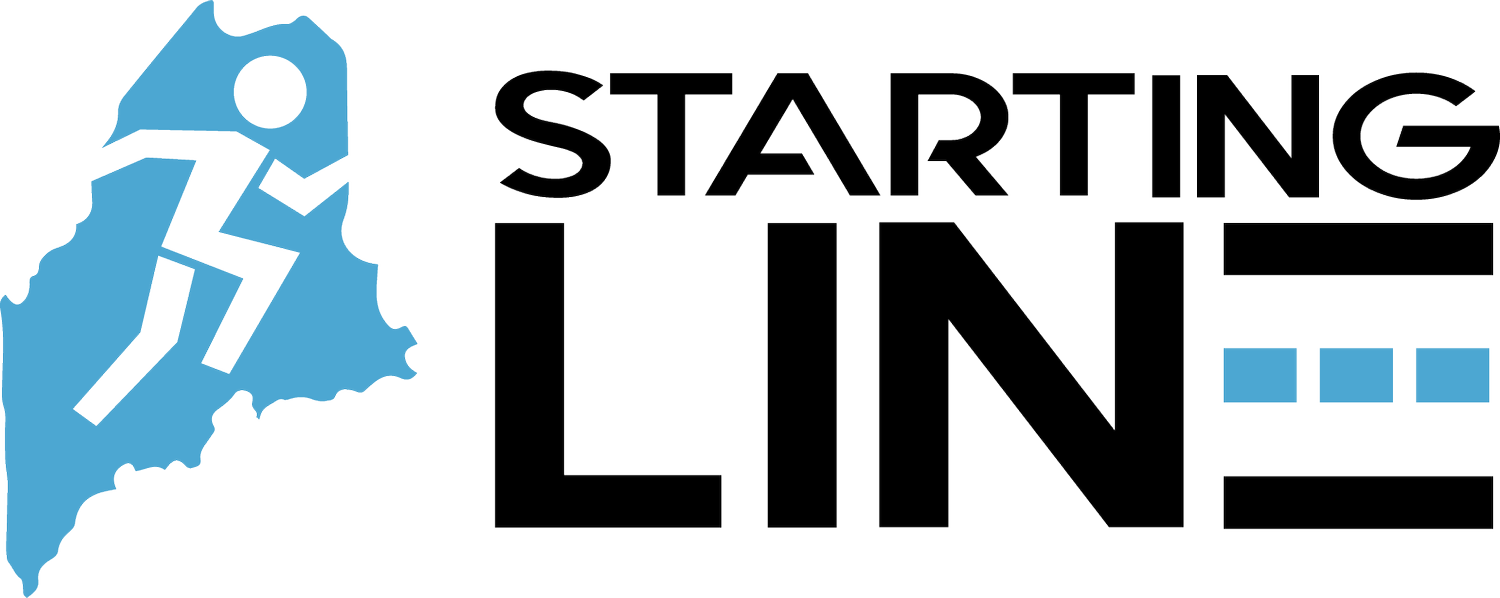Reprioritizing Your Sleep
By Dr. Trish Kana, PT, DPT
You’ve got the foam roller, the vibrating massager, the compression socks; you’ve stocked up on the recovery drinks and the supplements; you’re cold-plunging and burning up in the sauna and soaking your sore muscles in Epsom salt baths. But what if the best recovery tool isn’t something you can buy? And if you don’t have it, you might be putting yourself at a higher risk for injury.
Sleep matters.
And you’re probably not getting enough of it. Sound familiar?
So many disruptors are just waiting on the edge of their seats to ruin the sleep we so desperately need. Whether it’s your kid who had a nightmare and needs some 2am consoling or your own brain that lights up when it senses you’re on the verge of true relaxation and reminds you of your ever-growing to-do list for the week/month/year, getting quality sleep is a struggle for many.
But we make time for running, for strength training, for cross training - for all the training types that are important to us. Sometimes we need a mindset shift to help us reprioritize recovery and find time to actually get some shut eye.
Why does sleep matter?
Sleep is vital to your health. We spend about a third of our lives sleeping! It’s crucial for brain functioning - forming new neural pathways that help us learn and make memories, CSF (cerebrospinal fluid) washes the brain and flushes out chemical waste while we sleep. Sleep is also essential for the body; if your sleep amount is diminished or sleep quality is low, your body’s ability to repair tissues and regulate your natural hormone cycles is diminished.
Because of this, sleep can actually be a helpful tool in injury prediction in recreational running. In a survey of over 400 recreational runners, those who reported shorter sleep duration or lower sleep quality were almost twice as likely to report a running related injury.
To assume that more training = better performance, you might be missing the point. Just as important as training hard to achieve your goal, you’ll continue to find yourself hitting plateaus or speed bumps on the road if you are ignoring this most important recovery tool.
How can I get more of it?
Sleeping 7-9 hours a night allows the body to go through the necessary sleep cycles- getting sufficient deep sleep and REM sleep for the brain and body. Runners may actually need slightly more sleep for recovery due to the demands they put on their bodies, so aim for the higher end of this range.
Here are some things to try:
go to bed at the same time every night, or at least within the same hour time frame; consistent bed and wake times set the body clock
stop scrolling on your phone for hours- pick up a book!
avoid heavy meals right before bed
limit alcohol in the evening, though it may make you feel sleepy, it can disrupt sleep later in the evening
avoid caffeine consumption in the afternoon/evening hours
get outside in the morning to expose your eyes and brain to natural light; or use artificial light to wake you up (and put you to sleep!) during these darker winter months
make your bedroom a sanctuary - cool, quiet, and calm are the best for sleeping
if 7-9 hours is not possible with your schedule or stage of life, getting in a short nap during the day still counts!
As sports psychologist and researcher, Professor Jan de Jonge, suggests, “sleep should be treated as a performance priority, not an afterthought.”
